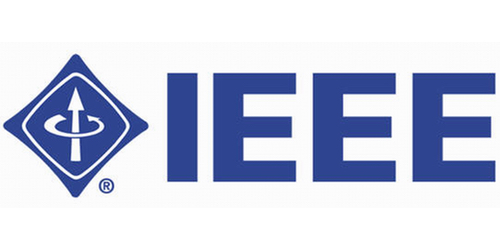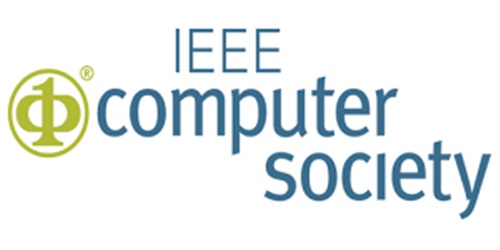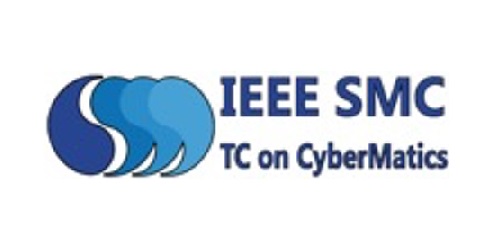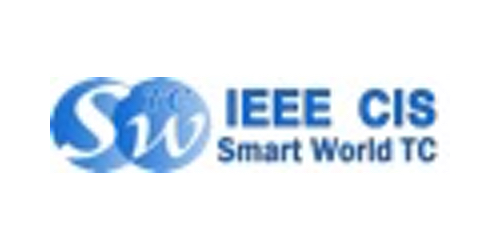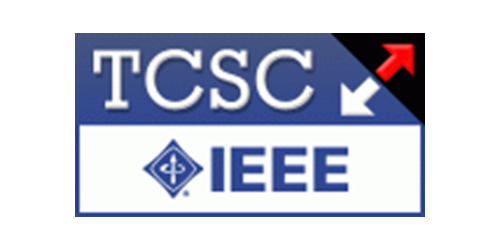The 16th IEEE International Conference on Dependable, Autonomic and Secure Computing (DASC 2018)
As computer systems become increasingly large and complex, their Dependability, Security and Autonomy play critical role at supporting next-generation science, engineering, and commercial applications. These systems consist of heterogeneous software/hardware/ network components of changing capacities, availability, and in varied contexts. They provide computing services to large pools of users and applications, and thus are exposed to a number of dangers such as accidental/deliberate faults, virus infections, malicious attacks, illegal intrusions, natural disasters, etc. As a result, too often computer systems fail, become compromised, or perform poorly and therefore untrustworthy. Thus, it remains a challenge to design, analyze, evaluate, and improve the dependability and security for a trusted computing environment. Trusted computing targets computing and communication systems as well as services that are autonomous, dependable, secure, privacy protectable, predictable, traceable, controllable, assessable and sustainable.
The scale and complexity of information systems evolve towards overwhelming the capability of system administrators, programmers, and designers. This calls for the autonomic computing paradigm, which meets the requirements of self-management by providing self-optimization, self-healing, self-configuration, and self-protection. As a promising means to implement dependable and secure systems in a self-managing manner, autonomic computing technology needs to be further explored. On the other hand, any autonomic system must be trustworthy to avoid the risk of losing control and retain confidence that the system will not fail. Trusted and autonomic computing and communications need synergistic research efforts covering many disciplines, ranging from computer science and engineering, to the natural sciences and the social sciences. It requires scientific and technological advances in a wide variety of fields, as well as new software, system architectures, and communication systems that support the effective and coherent integration of the constituent technologies.
IEEE DASC 2018 will be held in August 12-15, 2018 in Athens, Greece, co-located with IEEE CyberSciTech 2018, IEEE DataCom 2018 and IEEE PiCom 2018 (the event location is very close to the Parliament of Greece). It aims to bring together computer scientists, industrial engineers, and researchers to discuss and exchange experimental and theoretical results, novel designs, work-in-progress, experience, case studies, and trend-setting ideas in the areas of dependability, security, trust and/or autonomic computing systems.
IEEE DASC 2018 CALLS FOR
- Papers that must be submitted electronically via DASC 2018 website
- Workshop and Special Session Proposals related to dependable, autonomic and secure computing
- Poster, Demos, Work-in-Progress (WiF) related to dependable, autonomic and secure computing
- Tutorial Proposals that address emerging cyber science and technology themes
THREE CO-LOCATED IEEE CONFERENCES
[12 Aug Proceedings
[14 Jul] Keynote speakers and tutorials have been announced!
[14 Jul] An advance program is now available!
[13 Jun] Participant registration is now open!
[10 Jun] Camera-ready submission instructions are now available.
[06 Jun] A tentative schedule is now available!
[30 April] Paper deadline has been extended to May 10 (firm).
Workshop Proposal Due: Feb. 10, 2018
Regular Paper Submission Due: Mar. 30, 2018
May 10, 2018 (firm)
Wksp/SS Paper Due: May 15, 2018
WiP/Poster Paper Due: May 15, 2018
Authors Notification: June 10, 2018
Camera-ready Submission: June 20, 2018



